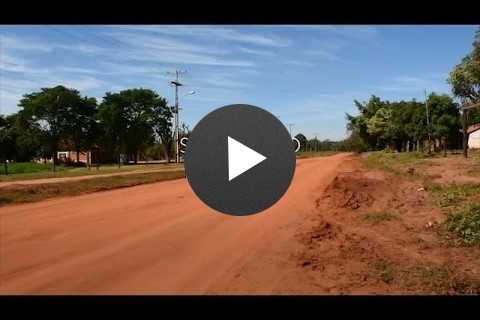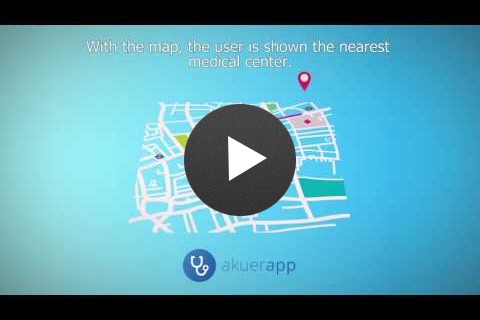About Paraguay
Paraguay, a landlocked country about the size of California located in the heart of South America, recently joined the upper middle income category. With nearly 7 million people, this small but open economy has had an average growth of 5% over the last decade. However, Paraguay’s growth is very volatile, and mostly reliant on natural resources. Paraguay is the fourth-largest soybean and the sixth largest beef exporter in the world. Unfortunately, and despite this steady growth, inequality persists, with a GINI Index of 51.67 (2015).
Paraguay has a relatively young democratic history dating back to 1989, after the fall of a 35-year long military dictatorship. Although much progress has been made under the current administration in terms of transparency and government accountability, institutional weaknesses and governance challenges remain, including social inequality, an authoritarian tradition, weak civil society, and judicial corruption and impunity. Public administration is riddled largely with a complex web of informal networks based on nepotism and political patronage.
To address the priorities of the Government of Paraguay, our programs focus on strengthening key public institutions, fighting corruption and reducing poverty and inequality. USAID’s programs are implemented mostly through local civil society organizations and in close coordination with Paraguayan government counterparts and international donors.











Comment
Make a general inquiry or suggest an improvement.